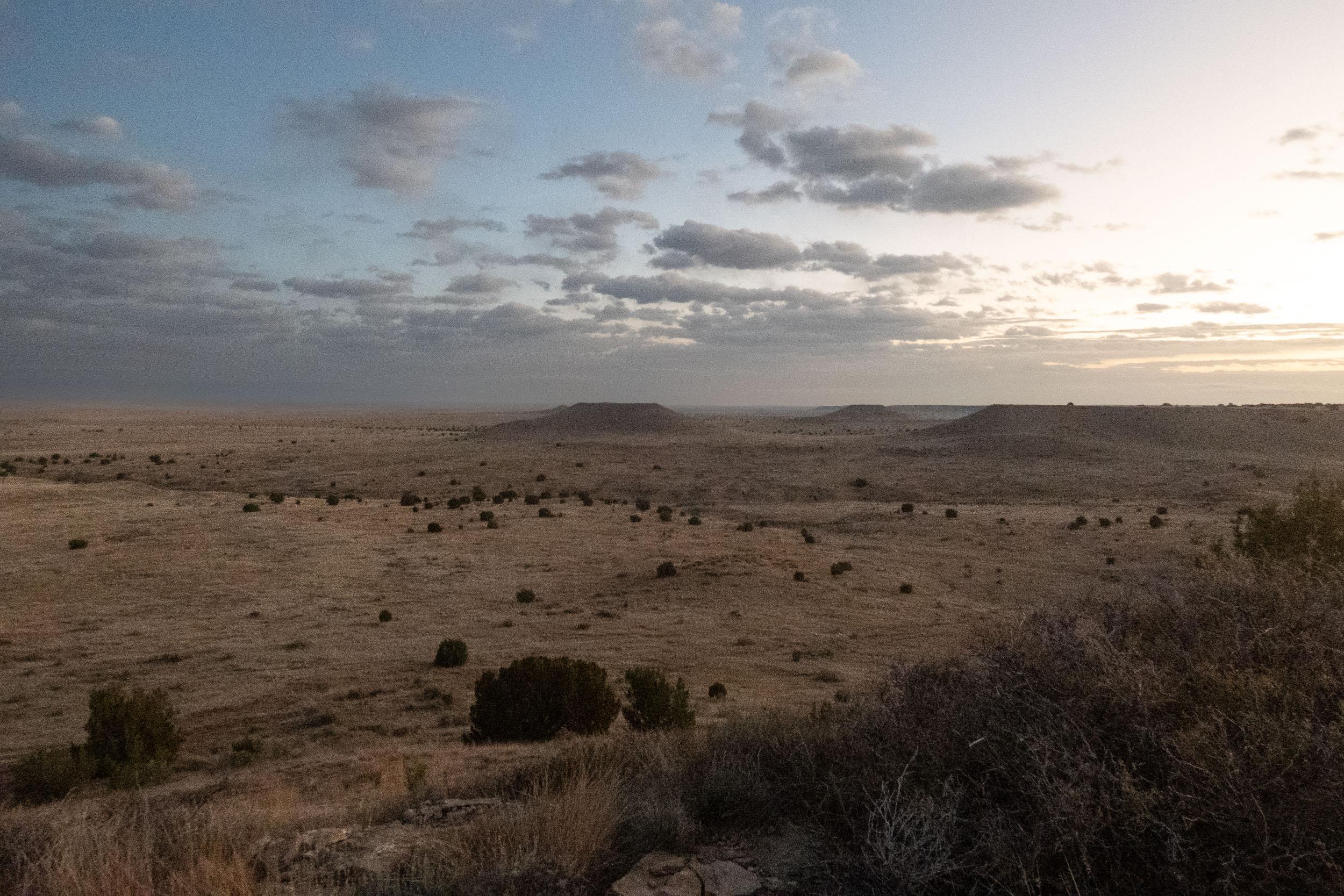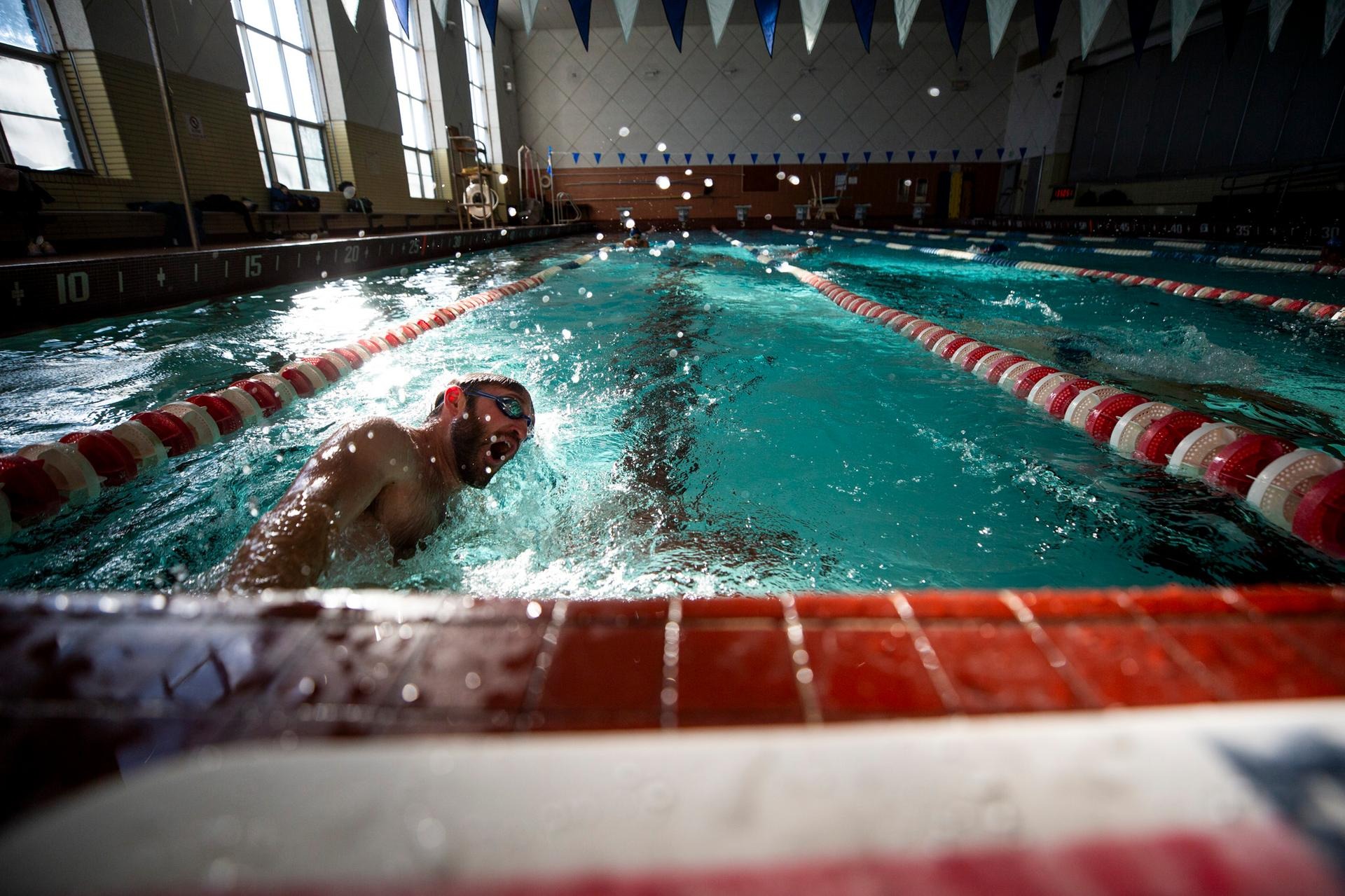
Writer and champion pack burro racer Hal Walter of Westcliffe helps his son, who has autism, compete as a middle-school runner. He says this can be exhausting and sometimes painful. But with the support of his small southern Colorado community about an hour west of Pueblo, there have been moments of victory. "I used to think winning meant first place," he says. "Then this dude (my son) taught me it also can mean something else."
Walter has written about his experiences in his latest book, “Endurance and Selected Essays on Neurodiversity and Deep Sport.” He spoke with Colorado Matters Host Ryan Warner.

Read An Excerpt:
I should restate that it was never my idea for Harrison to run cross-country or track, nor would I ever push my kid to do any sport. However, when I saw his enthusiasm to run on the team I threw my support 100 percent behind him. I knew going in that it would probably not be smooth sailing. I knew I would likely have to attend his practices, and also would need to accompany him to the meets, and there would be no guarantee he’d even run. Whenever things go awry I always give him the option of bailing. Every time I’ve given him this option, he insists on carrying on. We tend to think of the autism spectrum as being linear. On one end of this spectrum is not autistic, or less autistic. And on the other end is very autistic. In the middle is “moderately” autistic. However, the notion of a linear spectrum is a vast oversimplification. In reality the spectrum is circular, with shaded areas spreading out from the center to different points on the circumference that may include traits like language skills, motor skills, sensory filters, perception, social skills, executive function and impulse control. While Harrison has sensory processing problems, and behavioral issues that are sometimes over the top, this same kid goes to a regular school. He gets A’s in some classes but has more difficulty in others. He can play the piano and sing before an audience, and is a wizard at the video game “Minecraft.” I began to view Harrison’s participation in crosscountry as something beyond simply running. His deficiencies in motor and sensory processing skills would probably never allow him to excel at a team sport like basketball or football. But this simple, most basic activity allowed him his athletic expression, to be part of something, to learn about teamwork, to set goals and work toward them. It stunned me to realize that for him this extracurricular activity might be profoundly more important than math, social studies, science or any other academic study. Moreover, his participation was providing important experiences and lessons in Deep Sport for his coaches, teammates and even fellow competitors and spectators. Part of me also felt like if it ever really clicked for him it could be his ticket to something much larger. I had seen glimpses of his talent out on the trails when we ran together. The shadow he cast on the ground or against a wall those times he spontaneously broke into a run illuminated the ability beneath the surface — The Blur that he could truly be if he could overcome his limitations. It's clear the mental battle he confronts is much more formidable than the physical, and I found my resolve in siding with the courage he showed by continuing to show up, and in confronting my own humility in providing this opportunity for him to do so. Reprinted from ENDURANCE and Selected Essays on Neurodiversity and Deep Sport by Hal Walter with permission of Out There Publishing. Copyright (c) Hal Walter, 2016 |
Related:









